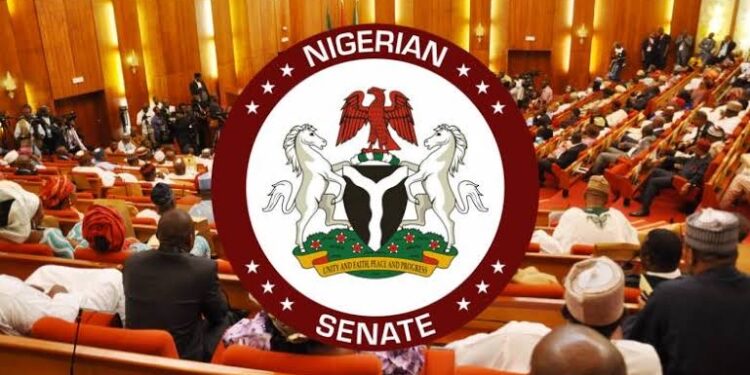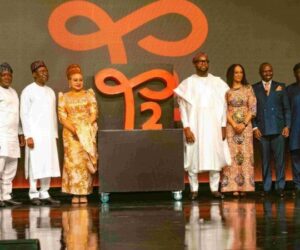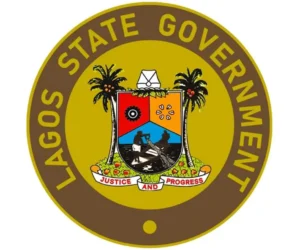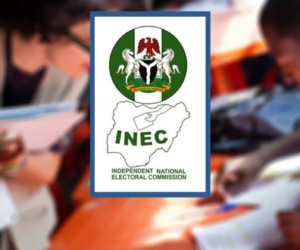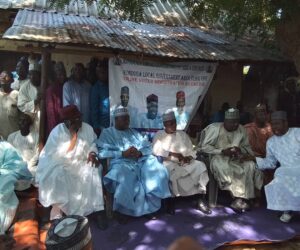A motion sponsored by Senator Ali Ndume (APC, Borno South) and co-sponsored by Senators Sani Musa (APC, Niger East), Aliyu Wamakko (Sokoto North), and Ibrahim Bomai (Yobe South), over alleged systemic genocide against Christians in the country, is set for debate by the Senate at resumed plenary on Tuesday.
Our correspondent reports that Senators and members of the House of Representatives will resume plenary Tuesday after their annual recess which started on July 23, 2025.
The motion, titled “Urgent need to correct misconceptions regarding the purported ‘Christian genocide’ narrative in Nigeria and international communities”, sighted by our correspondent on Monday, called on the federal government, particularly the Ministry of Foreign Affairs and relevant security agencies, to adopt a data-driven approach to public communication.
SPONSOR AD
The senators also asked the foreign affairs ministry and security agencies to ensure the release of verified casualty figures, contextual reports, and investigative findings on victims of insecurity to counter the spread of misinformation locally and abroad.
Senator Ndume and other co-sponsors said the motion seeks to correct a “dangerous misrepresentation of the country’s security challenges as a campaign of Christian genocide.”
In the draft motion, Senator Ndume expressed concern over what he described as “increasing circulation of misleading narratives” in both local and international spaces, alleging a systematic genocide against Christians in Nigeria.
While acknowledging the tragic and unacceptable attacks suffered by Christian communities in various parts of the country, Ndume emphasised that violence in Nigeria has affected citizens of all faiths, including Muslims and adherents of other religions.
The lawmaker warned that mischaracterising the ongoing security crisis in purely religious terms “risks inflaming sectarian divisions, distorting international understanding, and undermining national unity.”
He noted that the country’s security challenges, including terrorism, insurgency, banditry, communal clashes, and criminal violence, had resulted in the loss of lives and property among both Christian and Muslim communities.
The Senators also expressed worry over recent developments in the United States Congress and Senate, where efforts were reportedly being made to designate Nigeria as Country of Particular Concern (CPC) over alleged religious persecution.
They also suggested that the U.S. Congress, international partners, and Nigerian diaspora groups be engaged through official briefings and fact-based publications to correct prevailing misconceptions about Nigeria’s security realities.
Allegations of genocide against Christians in Nigeria have persisted for years, particularly from international advocacy groups, religious organisations, and some Western media outlets.
These claims focus on violent attacks by terrorist groups such as Boko Haram as well as conflicts involving pastoralists, which they claimed have disproportionately impacted Christian communities in the Middle Belt and northern regions.
The Christian genocide narrative in Nigeria supposedly gained traction after the address of Vice President Kashim Shettima at the United Nations last week.
Shettima had said the situation in Gaza is “heart-wrenching” and demanded an immediate ceasefire that will birth Palestinian independence and a home of their own on territories already recognised by the UN and international law.
An American comedian, Bill Maher, claimed that 100,000 Christians had been killed in an ongoing genocide in Nigeria.
Speaking on the September 26, 2025 edition of HBO talk show, “Real Time with Bill Maher”, Maher had said: “I’m not a Christian, but they are systematically killing the Christians in Nigeria. They’ve killed over a hundred thousand since 2009. They’ve burned 18,000 churches. These are the Islamists, Boko Haram. This is so much more of a genocide attempt than what is going on in Gaza. They are literally attempting to wipe out the Christian population of an entire country.”
However, some Muslim organisations have countered the claims, saying Muslims are also victims of attacks by terrorist groups. In 2022, the Muslim Rights Concern (MURIC) said that 32,000 Muslims were killed within three years in Nigeria.
He said, “Boko Haram in particular has killed, maimed, and displaced more Muslims than Christians; more Muslim clerics and more Muslim traditional rulers have been killed or kidnapped than Christians.
“Most importantly, more Muslim majority states are under siege by these terrorists than Christian-majority states, while more Nigerian Muslims have been impoverished by insecurity than Christians.”
The federal government had also refuted the allegations that terrorists operating in Nigeria are engaged in a systematic genocide against Christians.
President Bola Tinubu in Owerri, Imo State, insisted that “no faith is under siege” in Nigeria.
“Here, no faith is under siege, no community is excluded. Our churches, mosques, and traditional shrines stand side by side—not as rivals, but as symbols of the unity that binds us,” Tinubu said at the unveiling of a book on a decade of APC governance authored by Imo State Governor Hope Uzodimma.
The Minister of Information and National Orientation, Mohammed Idris, said portraying Nigeria’s security challenges as a targeted campaign against a single religious group is a gross misrepresentation of reality.
“While Nigeria, like many countries, has faced security challenges, including acts of terrorism perpetrated by criminals, couching the situation as a deliberate, systematic attack on Christians is inaccurate and harmful,” the minister said.

